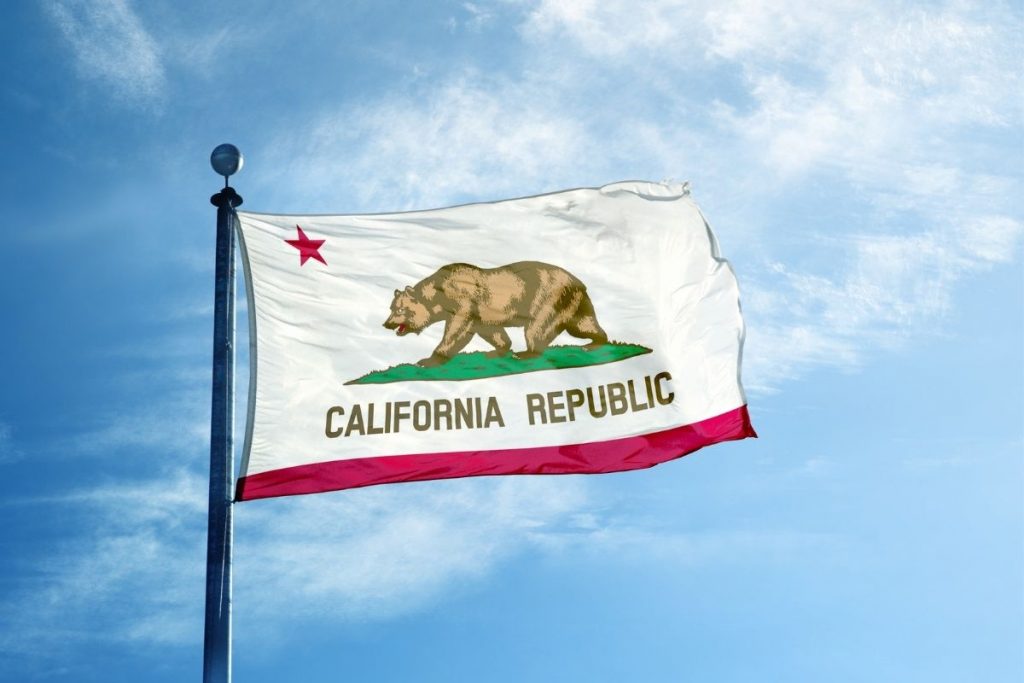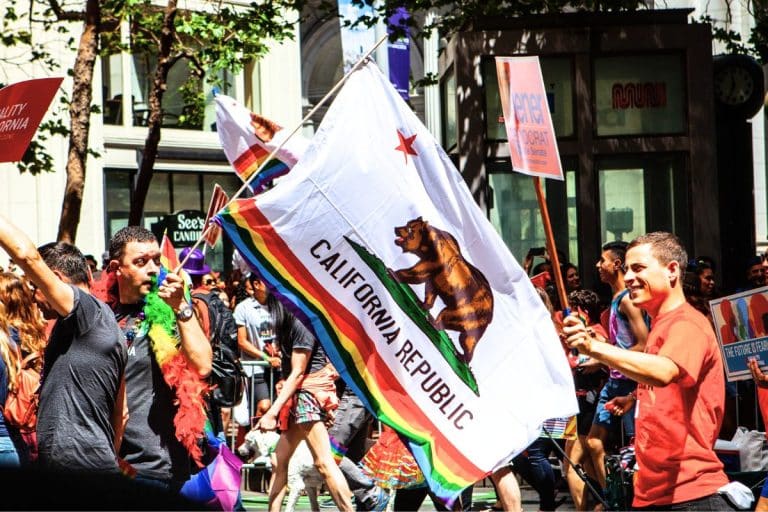“It’s an alarming trend we’re witnessing across the country,” California Attorney General Rob Bonta announced.
His statement comes after the California government expanded its travel ban to three more states in a bold effort to protest the adoption of legislation that discriminates against the LGBTQ+ population.
With this most recent extension for Missouri, Nebraska, and Wyoming, a total of 26 US states are now included in the prohibition.
This choice demonstrates California’s steadfast dedication to promoting LGBTQ+ rights and equality while wielding its economic might to persuade states with anti-LGBTQ+ laws to change their minds. In addition to limiting official state travel to the affected states, the restriction projects a strong political message about the need to protect everyone’s rights and dignity, regardless of their sexual orientation or gender identity.
With Assembly Bill 1887, which forbids state-funded travel to nations with laws discriminating against LGBTQ+ people, the California travel ban was originally proposed in 2016. The list of states subject to the prohibition has progressively grown since it was put into effect, demonstrating California’s persistent commitment to advancing LGBTQ+ inclusiveness and equality.

The newest extension comes in response to numerous states implementing new anti-LGBTQ+ laws, which prompted California to take action to show its support for the LGBTQ+ community and resistance to discriminatory behaviors.
The travel restriction has far-reaching effects in addition to being a symbolic act. While it seeks to put political pressure on states with anti-LGBTQ+ laws, it has also raised discussions about possible repercussions for career chances in academia and industry. However, not all seem to be on board with the idea.
LGBTQ+ Democratic Senator Toni Atkins seeks to repeal the ban, stating that “the travel ban has had the unintended impact of further isolating members of the LGBTQ+ community in those states.” Other detractors warn that the ban may unintentionally harm cooperative projects and academic conferences held in the impacted states.
Notwithstanding these reservations, some who support the ban insist that it is a crucial step in promoting greater understanding and acceptance of LGBTQ+ rights across the country.
The economic and social ramifications of California’s travel ban on the affected states have been studied, with broader implications for tourism and business relationships. Because the ban restricts official state travel to states with anti-LGBTQ+ legislation, the effect on tourism revenue in those states is being closely examined.
Furthermore, the ban’s potential impact on business collaborations, academic conferences, and interstate interpersonal relationships is sparking debate about its long-term consequences. Experts are weighing the benefits and drawbacks of such measures, recognizing the ban’s importance in advocating for LGBTQ+ rights while considering its potential effects on state economies and interstate relations.

